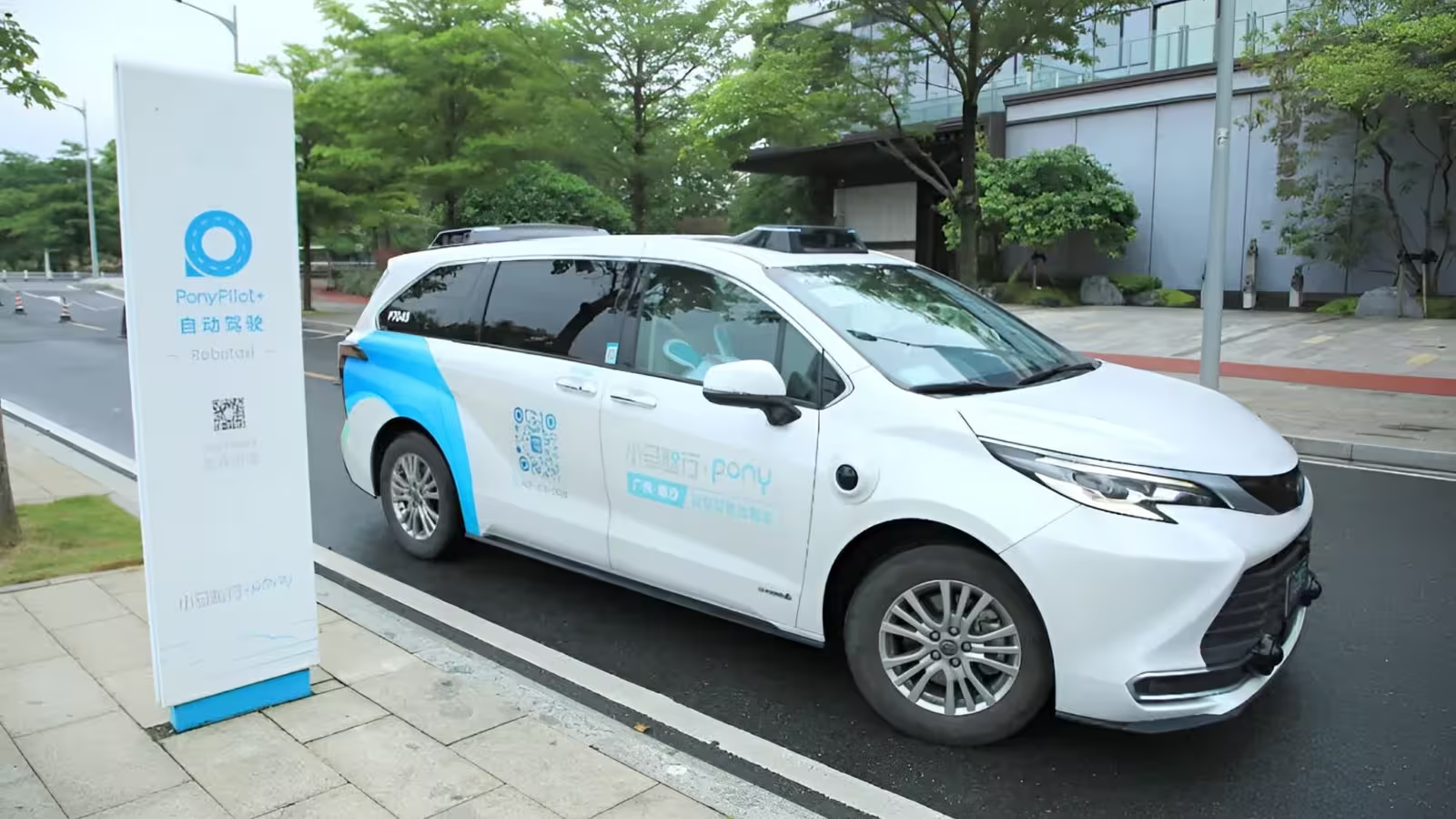4 Minutes
Guangzhou Sets New Benchmark in Autonomous Vehicle Testing
Guangzhou, one of China’s most innovative cities, is rapidly establishing itself as the national epicenter for autonomous vehicle advancements. Recently, the city reported a staggering 24.41 million kilometers of accumulated self-driving test mileage, underscoring its robust commitment to smart mobility and intelligent transportation solutions.
Expansive Testing Network and Sector Involvement
This ambitious citywide initiative is supported by 17 leading technology and automotive companies specializing in various fields such as public transportation, logistics, and municipal services. Testing operations encompass a vast network of 2,600 kilometers of public roads—including 1,340 regular street sections and 10 major expressway stretches—spanning eight major administrative districts. By July 2025, autonomous vehicles have clocked over 1.3 million hours in real-world driving scenarios. Most notably, 93.17% of the testing mileage in 2024 was conducted in full automated mode—a significant increase demonstrating growing confidence in self-driving technology.
Demonstration Projects and Fleet Expansion
The city’s autonomous driving demonstration projects now deploy 508 advanced vehicles throughout urban transit, freight logistics, and sanitation. The Guangzhou Bus Group leads with 50 autonomous buses operating on more than 10 key routes. Prominent partners such as Pony.ai, WeRide, and Ruqi Mobility are piloting another 75 vehicles. WeRide has further introduced over 50 autonomous sanitation vehicles, highlighting the technology’s versatility.
Cutting-Edge Digital Infrastructure Powers Autonomous Growth
Guangzhou’s fast-developing 5G infrastructure plays a pivotal role in supporting these autonomous vehicle trials. As of March 2025, the city boasts 78,000 active 5G base stations, effectively covering national and provincial highways. With personal 5G penetration at an impressive 105.94%, Guangzhou currently leads the nation in network connectivity—a foundational element for real-time vehicle-to-road and vehicle-to-cloud communications.
Vehicle Design and Advanced Connectivity
More than 10,400 vehicles participating in these trials are equipped with advanced PC5 communication modules for seamless sidelink communications and the BeiDou satellite positioning system. Roads are reinforced by 530 smart communication units, 897 high-precision sensors, and 419 edge computing stations, ensuring robust data collection and analysis. Furthermore, over 200 traffic signals have been upgraded for synchronized, network-based control. Ongoing development focuses on a cloud-based command system and dynamic, real-time mapping to further boost the reliability and intelligence of autonomous fleets.
Regulatory Support and Policy Framework
Guangzhou’s leadership in autonomous driving is cemented by the enactment of the Innovative Development Ordinance for Intelligent Connected Vehicles in early 2025. This pioneering regulation provides legal certainty for road testing, demonstration runs, and progressive deployment of autonomous vehicles. The city’s forward-thinking development roadmap establishes clear goals for infrastructure growth, policy rollout, and commercial application, ensuring a smooth transition from pilot projects to daily operation.
Market Positioning and Industry Partnerships
Home to major industry players like GAC Group, Guangzhou stands at the core of China’s fast-evolving smart vehicle sector. The city has backed more than 40 investment projects since 2024, welcoming expansions from GAC Honda, Dongfeng Nissan, and Xpeng Motors. Cross-regional collaborations with neighbors like Shenzhen and the Guangdong-Macao In-Depth Cooperation Zone drive mutual recognition of autonomous operations and open doors to broader pilot programs.
Comparisons and Future Outlook
Positioned at the forefront of smart mobility, Guangzhou’s ongoing partnership with China’s Ministry of Transport includes large-scale ride-hailing pilot projects in central and southern districts. With unparalleled infrastructure, regulatory support, and industry backing, Guangzhou is set to steer China—and the world—toward a new era of safe, efficient, and connected autonomous vehicles.
Source: carnewschina


Leave a Comment